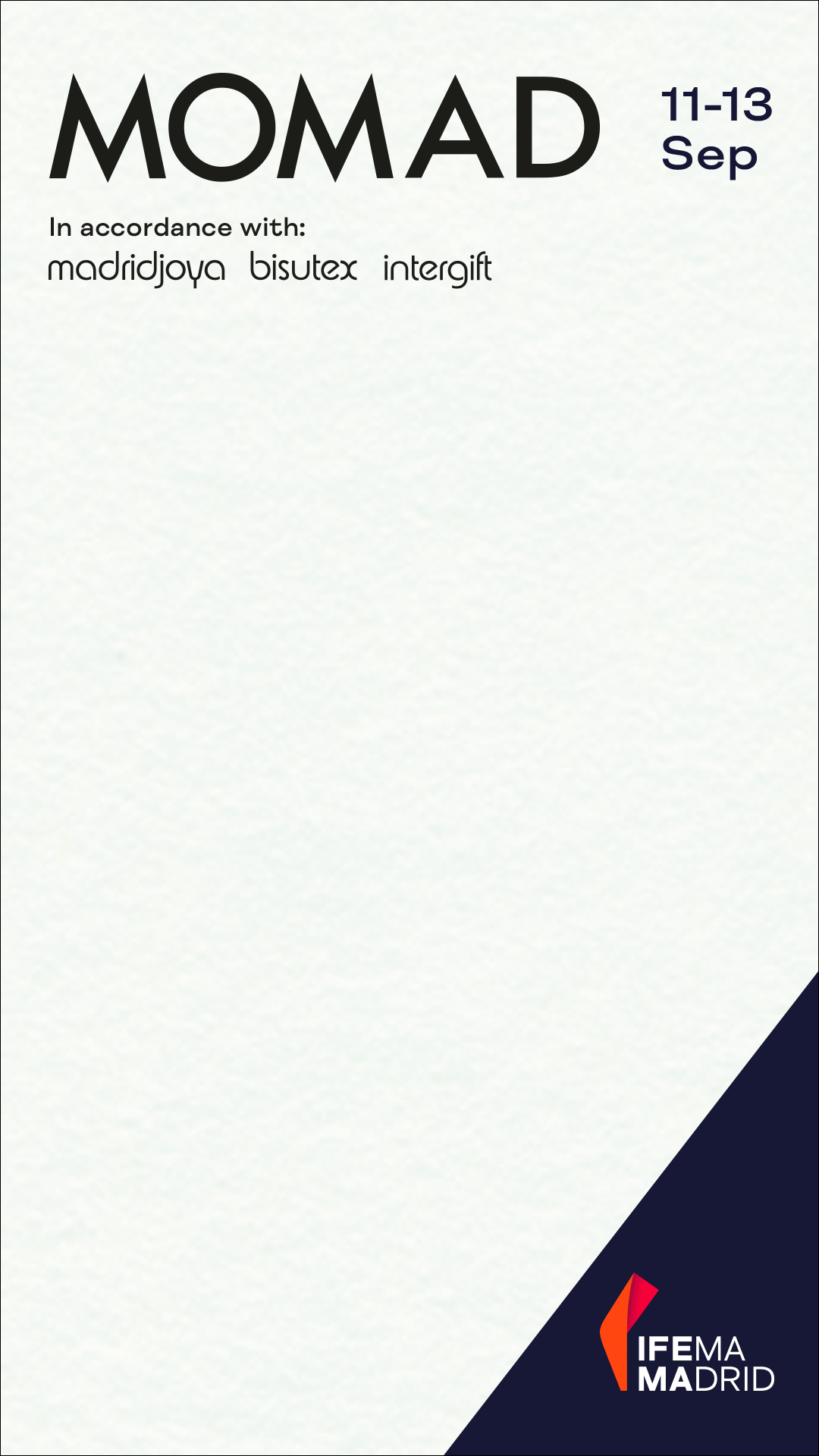
Blood Diamonds | All You Should Know
In recent years, there has been a growing interest in conscious consumption of luxury goods. Currently, the sourcing of diamonds involves unsafe working conditions and the spread of war zones. So here’s everything you need to know about buying ethical, conflict-free diamonds.
The term “blood diamonds” is used to define diamonds that come from producing countries in a war situation. Where the extraction and commercialization processes are based on the violation of human rights. This is a reality that happens mainly in the African continent (Angola, Zimbabwe, or The Democratic Republic of Congo), which has generated for many years conflicts that threaten the lives of millions of people. Most of these diamonds originate from mines in war zones that cause social, migratory, environmental and economic damages.
Fortunately, consumer behavior is increasingly concerned with the social and environmental impacts of products when making a purchase. In decision making, there are preferences for ethical practices carried out by companies, even when this means an increase in cost. Ethical trade activities, labor standards and environmental friendliness of the product are crucial elements that are considered in the 21st century to talk about luxury brands.
In order to decrease the supply and demand of blood diamonds, policy makers and ngos have worked on the creation of global frameworks and regulations to avoid the acquisition of such products. Although research is still scarce on ethical consumerism, there are notable attempts at change and transformation that many wish to bring to the diamond industry.’
THE KIMBERLEY PROCESS
Several United Nations (UN) countries met in 2003 with the diamond industry to create resolution 55/56, better known as the Kimberley Process. A protocol that requires countries to certify their diamonds after a meticulous step-by-step analysis of the supply chain. Taking into account that specific rules must be met while the diamonds being mined, polished, cut, and eventually sold.

On the consumer side, there is a clause in the Kimberley Process Assurance Scheme that allows the buyer to request information on the origin of the diamond. This is a system that guarantees the purchase of jewelry that does not come from conflict zones. Such a clause can also be required on invoices to sellers.
“The diamonds below have been purchased form legitimate sources not involved in conflict and in compliance with United Nations resolutions…”
Here are some diamond companies that are certified:
JAMES ALLEN
Every rough diamond this company sells is certified conflict free. They have contracts with suppliers that guarantee the supply of diamonds under the laws. James Allen only purchases diamonds from resources that are included in the professional diamond trade.
CUSTOM MADE
Jewelry customization is the most important feature of the company. From ring design to diamond selection, a rigorous process is carried out to align with United Nations resolutions. This features certification, lab-made diamonds and recycling of antique diamonds.

BLUE NILE
This is one of the most recognized companies in the world that complies with the certification. It has a conflict-free policy with zero tolerance for diamond exports. Blue Nile is committed to high ethical standards not only with diamonds but also has stringent regulations regarding the metals and gold they use for their products.
WITH CLARITY
With Clarity’s ethical diamond policies and practices focus on 5 pillars to achieve fair trade in international business. Not financing wars, eliminating human rights abuses, promoting environmental safety, supporting fair labor, being part of community development and verifying the origin of diamonds.
+ Words:
Regina Berndt
Luxiders Magazine








